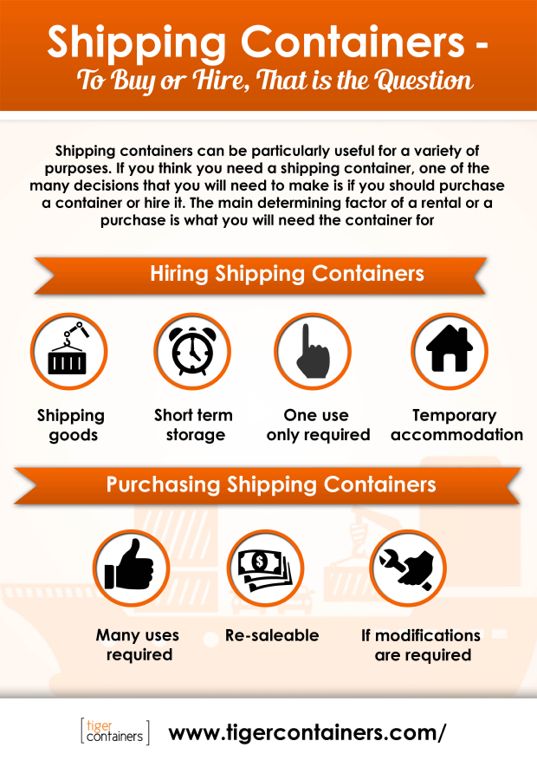Shipping container offices have given many a quick, long-term, and Eco-friendly approach to making an office space. Today, a lot of people are looking to used containers for their small office needs because they are very affordable, convenient, and already an established setting that can be easily constructed from within. Its popularity comes from their simplistic making of ordering, being delivered to the location, and building right on site. Plus, it doesn’t take long to construct the interior of a container. These steel shipping containers are made to be standard, durable in all settings, and easy to move around.
Buyers have to prepare for everything and you want to set it up by the time the shipping container arrives. This involves preparing the doors and windows, insulation, utilities, and flooring. Get a ballpark amount of how much it would cost per square foot; the floor plan and where every little thing should be drawn up, plus plumbing and electrical areas. Making a shipping container into an office requires you to be detailed in your small room because you are making it simple. There are major considerations in this small space; think of the phrase, “Less is more.” You don’t have a lot of room, so don’t get fancy with the furniture and computers.
For any office to be workable, you need proper heating, ventilation, and air conditioning. Installing that is a major difference from what the shipping container has because it is built to be airtight in moving goods around. Now, you need to install a perfect unit that can control the temperature inside. For a large container, air ducts can be installed if the container is split up.Air ducts let the air go from one end to the other. Rooftop turbine vents and ceiling exhaust fans can also be installed. These are inexpensive and don’t require a lot of power to keep on running.
Then, there is the presentation of your office from the outside where it should not come off as run down and cheap just because you are in a container. The paint job all over prevents the rust from showing. The container needs to be washed to rid of any markings and the more visible rust smoothed out before painting. It has to be as if the container was built as new. The aesthetics are important because it is en vogue for an appealing, younger sector of people who are trying their own business.
You have to use your shipper container office like any other room. Home office building can provide the most money and time being saved. There is a lot to think of in creating your new home office. This is still a new trend and there will be skeptics, but the total cost of the entire project is quite easily comparable to a traditional construction in that the shipping container is the way to go.
Source: Tiger Containers























